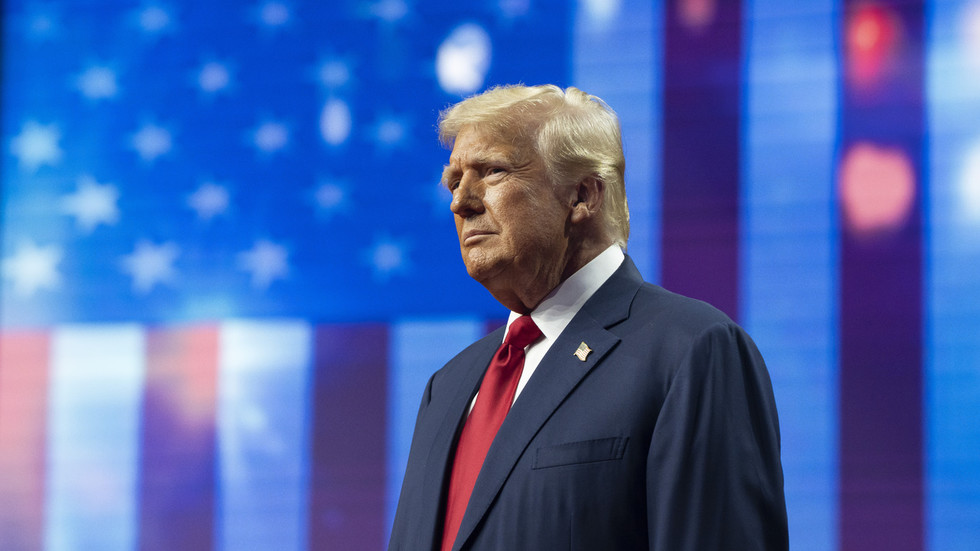In a recent interview with NBC News, U.S. President-elect Donald Trump put forth a provocative suggestion for Mexico and Canada regarding their relationship with the United States. He raised the possibility of these neighboring countries becoming U.S. states as a means of ensuring continued American financial support. Trump’s comments came in the context of his broader stance that both countries have been receiving substantial subsidies from the U.S. government—approximately $300 billion for Mexico and around $100 billion for Canada annually. This assertion underscores Trump’s belief that such financial arrangements are untenable without proper contributions to U.S. issues, including border security and the illegal drug trade.
Trump’s remarks not only reflect his administration’s tough stance on trade, but they also reveal a desire for a recalibration of how the U.S. engages with its neighbors. His proposal to impose a 25% tariff on goods from Mexico and Canada highlights a broader agenda aimed at curtailing illegal immigration and drug trafficking into the U.S. The president-elect’s tough rhetoric serves as a negotiating tactic, intended to pressure both nations into compliance with U.S. demands. He rationalizes these tariffs by arguing they will help stabilize the U.S. economy and reduce the perceived financial burdens imposed by subsidizing its neighbors.
The discussion surrounding tariffs generated considerable tension, especially during a meeting with Canadian Prime Minister Justin Trudeau at Trump’s Mar-a-Lago estate. Trudeau reportedly expressed concern that such tariffs could critically harm the Canadian economy, prompting Trump to jokingly suggest that Canada could escape these punitive measures by becoming the 51st state, with Trudeau potentially serving as its governor. This lighthearted exchange illustrates Trump’s unconventional approach to diplomacy, where humor and hyperbole are often intertwined with serious policy discussions.
While Trump’s proposal to integrate Canada and Mexico into the U.S. as states may have been delivered with some levity, it reveals deep-seated beliefs about the responsibility of neighboring countries to contribute to U.S. welfare. By presenting this idea, Trump suggests that if these countries wish to continue receiving American subsidies, they should either transform their economic policies or even rethink their sovereignty in relation to the U.S. This perspective challenges longstanding notions of international relations and raises questions about the future nature of U.S.-Canada-Mexico ties, particularly in light of NAFTA and new developments in trade agreements.
Throughout the NBC interview, Trump characterized tariffs as an integral tool for enforcing U.S. immigration policies. He reiterated his commitment to confront illegal immigration and reduce drug trafficking, emphasizing the need for effective and strategic solutions. While he acknowledged the risks of imposing tariffs indiscriminately, he framed them within the context of national security and economic revitalization. These assertions suggest a balancing act between maximizing revenue from tariffs while ensuring that such actions align with the larger goals of immigration reform.
In conclusion, Donald Trump’s remarks regarding the potential statehood of Mexico and Canada are emblematic of his broader approach to national policy: a willingness to challenge existing paradigms and to employ aggressive tactics in international relations. His focus on substantial financial support and tariffs reflects a desire to reshape how the U.S. interacts with its neighbors, prioritizing economic and security interests. As the incoming president, Trump’s opinions may signal a significant shift in U.S. foreign policy, potentially redefining trade relationships and the roles of Canada and Mexico on the world stage. The long-term implications of these discussions on cooperation and diplomacy will undoubtedly be a topic of keen observation as Trump’s administration unfolds.

